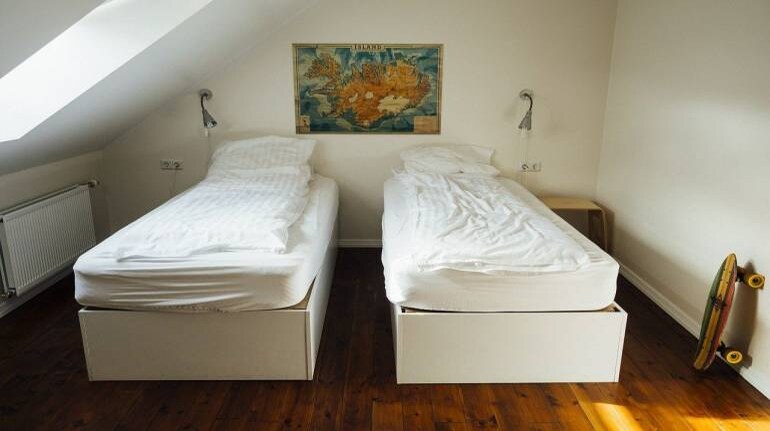
As COVID-19 positive cases surge across the country, as many as 40 percent tenants living in paying guest accommodation are now looking to move to shared houses and co-living spaces, a report has said.
In order to maintain social distancing and ensure health safety, as many as 36.2 percent respondents of the survey have stated that they are looking to shift to shared houses from PGs and 33.7 percent have expressed their preference to move to co-living apartments, a survey by NoBroker.com has said.
As many as 16.3 percent have also cited that they are looking for premium PGs. Apart from social distancing which was cited by the maximum number of people (29.8%), reasons such as work from home (21.5%), not finding the current accommodation suitable (16.2%), and individual homes becoming more affordable due to drop in rent (14.1%), were also factors that contributed to this shift.
“The new normal of social distancing is going to stay for a while and is compelling these professionals to also look for safer accommodation with multiple amenities. Our data and the survey we conducted clearly indicates that the current situation has swelled demand in the co-living and shared houses segment. Priorities have clearly shifted from ‘proximity to workplace’ to ‘safe and hygienic place’,” said Saurabh Garg, co-founder and chief business officer of NoBroker.com.
Safety being the key concern for as high as 73.8 percent of respondents, the survey also indicated that room size and cleanliness are also important considerations for 53.6 percent of the respondents.
Over 47 percent have cited hygienic food and wi-fi as important factors while choosing accommodation. Among those who prefer co-living and shared accommodation, a whopping 72.9 percent have stated that they need an individual room and not a shared one.
For 46 percent of respondents’ rental budget is less than Rs 8,000 per month while 23.5 percent cited their rental budget between Rs 8,000-12,000 per month. About 14.4 percent have a rental budget between Rs 12,000-15,000 per month. As many as 46.6 percent of the respondents earned less than Rs 20,000 per month while 26.7 percent earned between Rs 20,000-40,000 per month, the survey said.
Discover the latest business news, Sensex, and Nifty updates. Obtain Personal Finance insights, tax queries, and expert opinions on Moneycontrol or download the Moneycontrol App to stay updated!